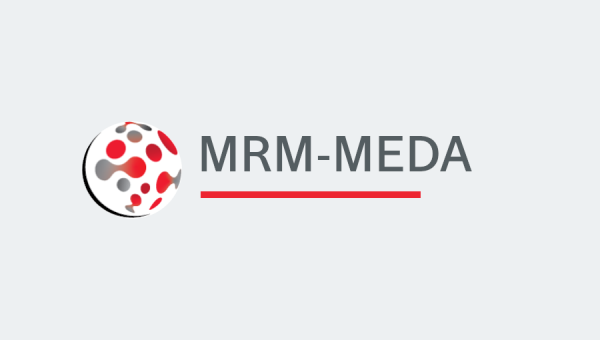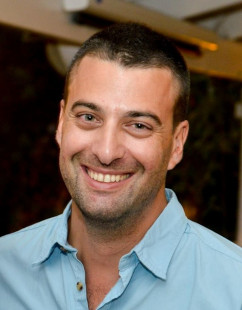
Meet the recipient of the 2021 MRM-MEDA
Engineers play a critical role in optimizing and manufacturing stem cell-based therapies and other regenerative medicine products.
This why last year, the MRM Network has partnered with the Faculty of engineering for a special call of McGill Engineering Doctoral Awards.
The objective of the MRM-MEDA joint call is to support interdisciplinary collaboration between engineers and other MRM Network members.
We are happy to announce the 2021 MRM-MEDA recipient, Mr. Amatzia Gantz, who is joining the lab of Prof. J. Matt Kinsella.
 Prior to joining McGill to study Biological and Biomedical Engineering (BBME), I received my Masters in Biotechnologies at Ben Gurion university in Israel at 2012. Starting 2010 I was in R&D at pharmaceutical companies, working on various projects, among them, treatment for cancer in the urinary system. As I worked with both in vitro and pre-clinical models, I know the challenges of having a proper in vitro system in place for treatment testing, as well as the need to reduce the number of in vivo tests.
Prior to joining McGill to study Biological and Biomedical Engineering (BBME), I received my Masters in Biotechnologies at Ben Gurion university in Israel at 2012. Starting 2010 I was in R&D at pharmaceutical companies, working on various projects, among them, treatment for cancer in the urinary system. As I worked with both in vitro and pre-clinical models, I know the challenges of having a proper in vitro system in place for treatment testing, as well as the need to reduce the number of in vivo tests.
My research at McGill will aim to develop a tissue engineered patient specific cancer model that integrates important aspects of engineering while enabling us to study clinically relevant and fundamental biology. Building on knowledge from the MRM on scaffold chemistry, mechanics, and growing patient-derived organoids, we aim to develop mini-tumours that can be used to screen and optimize potential interventional strategies. As the work is highly interdisciplinary, we hope to capitalize on our expertise in soft biomaterials, specifically engineering decellularized extracellular matrix molecules, and the expertise of collaborators at the MRM in the biomedical sciences and clinical practice to advance patient care. Our bioprinted in vitro multi-cellular models will be compared against clinical response data, and poor responders will be screened for potential drug targets identified through genetic analysis of patient tumors. This system generates identification of potential vulnerabilities of the tumor within a timeline of 6-8 weeks from biopsy. This, in turn, allows to predict response during interventional administration and to guide clinical decisions.
“Receiving the MRM-MEDA doctoral award is giving me the opportunity to continue my studies in an enriching and exciting area of research, and to grow upon my experience from the pharmaceutical industry. This award will give me the opportunity to follow my desire to advance and continue research, while using my skills and the experience I have acquired. The MRM-MEDA award will allow me to further pursue my career in research and development for the benefit of patients and hopefully to make our world a healthier place”.
Congratulations Amatzia, we wish you every success in your project and we can’t wait to hear more about it!
